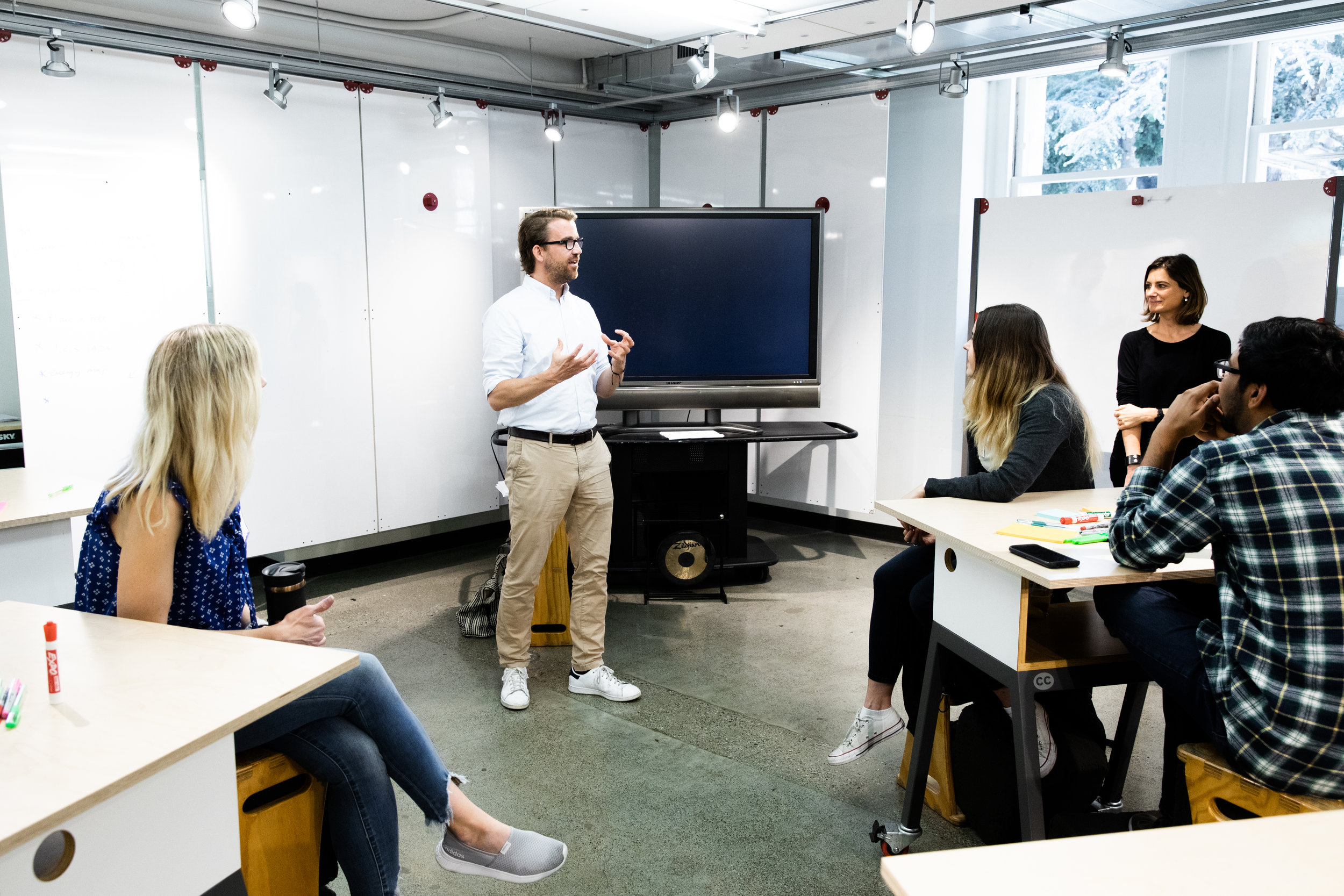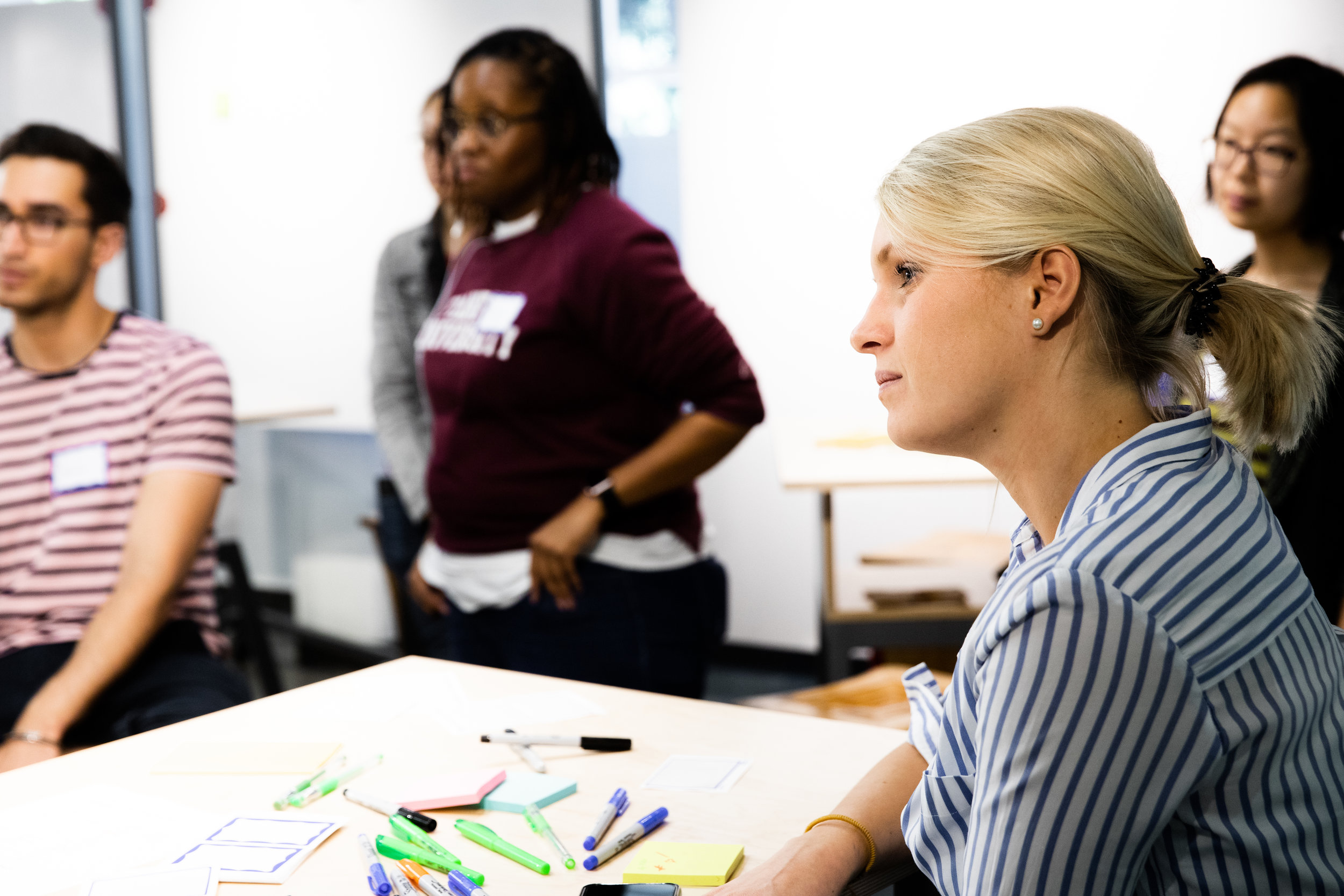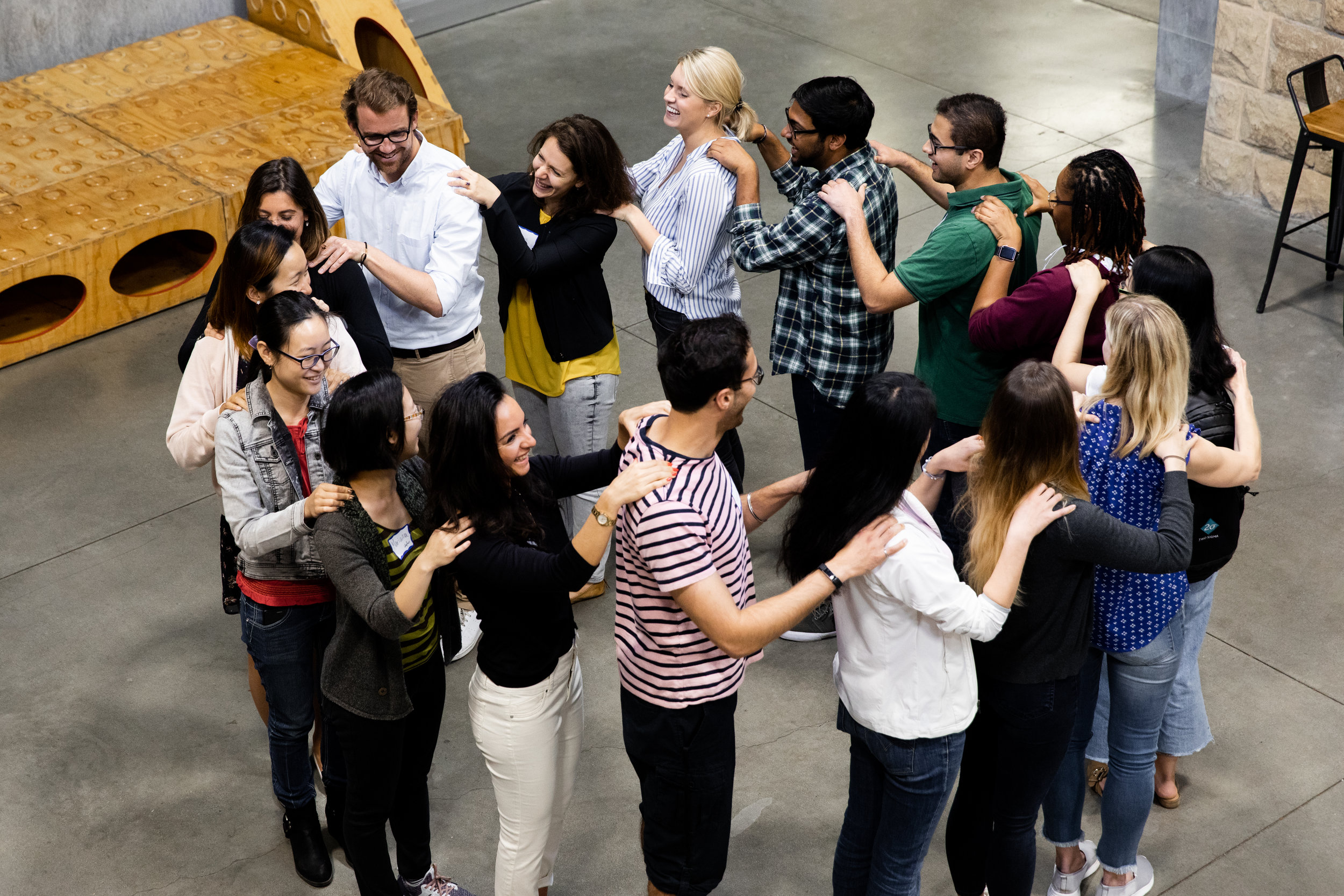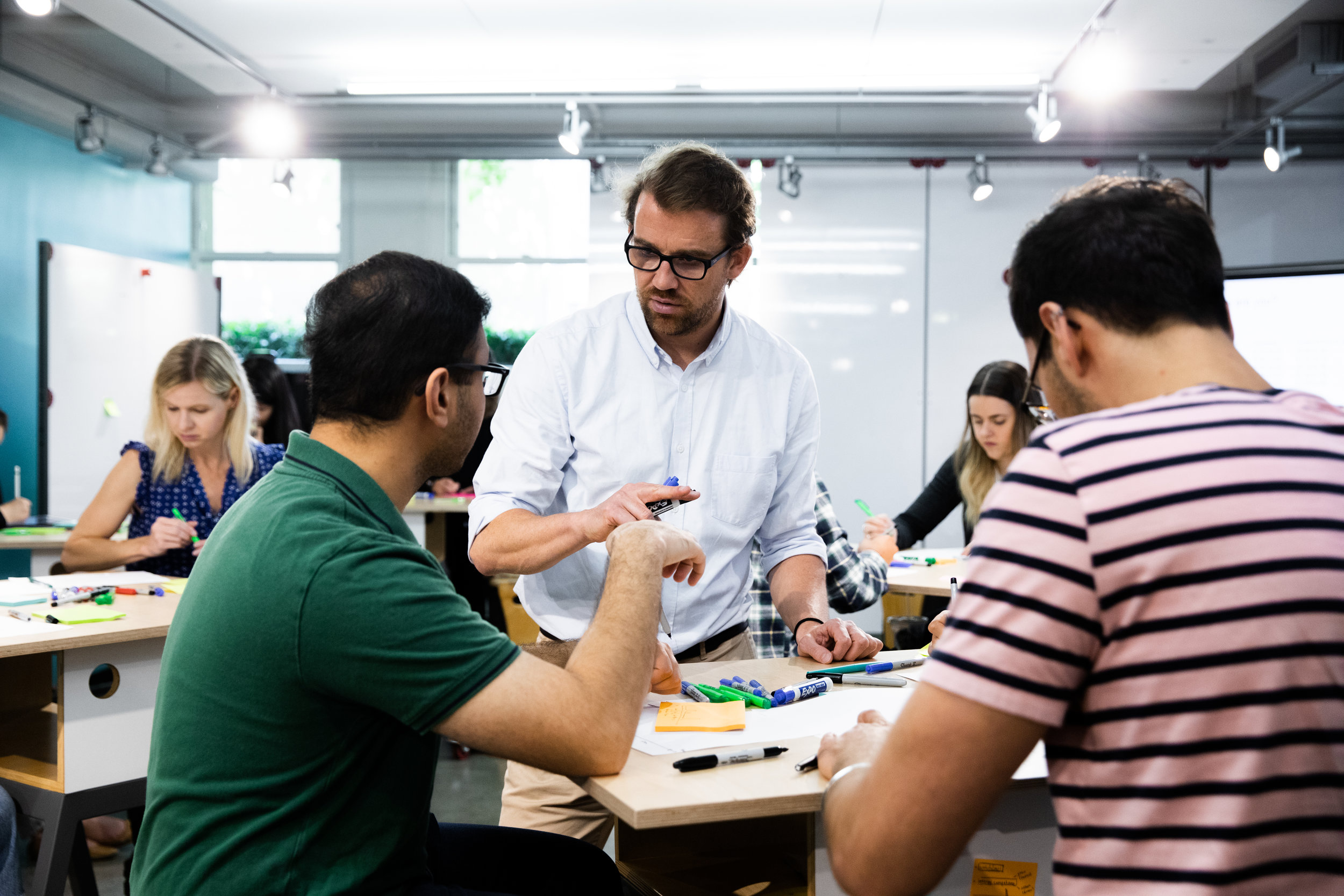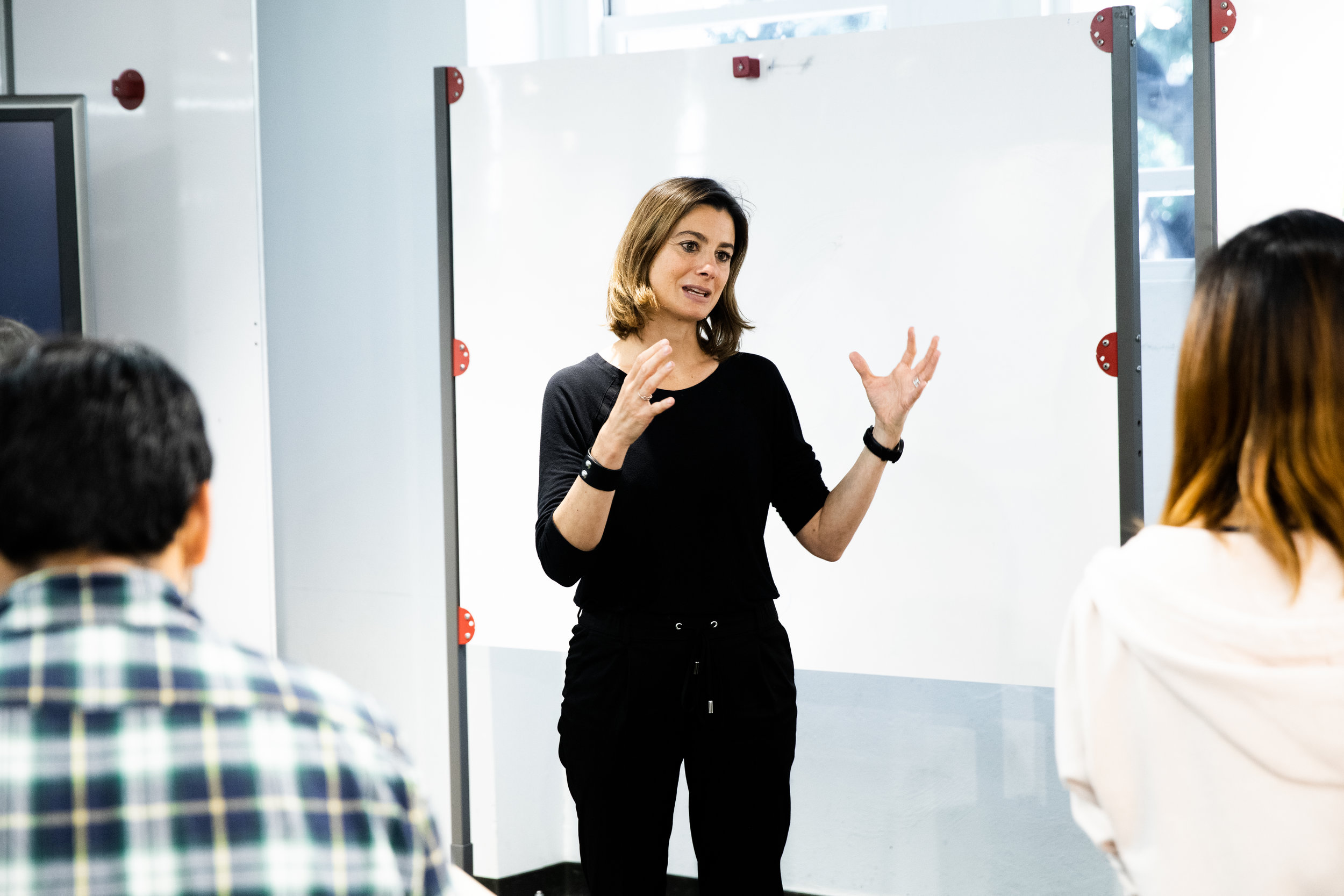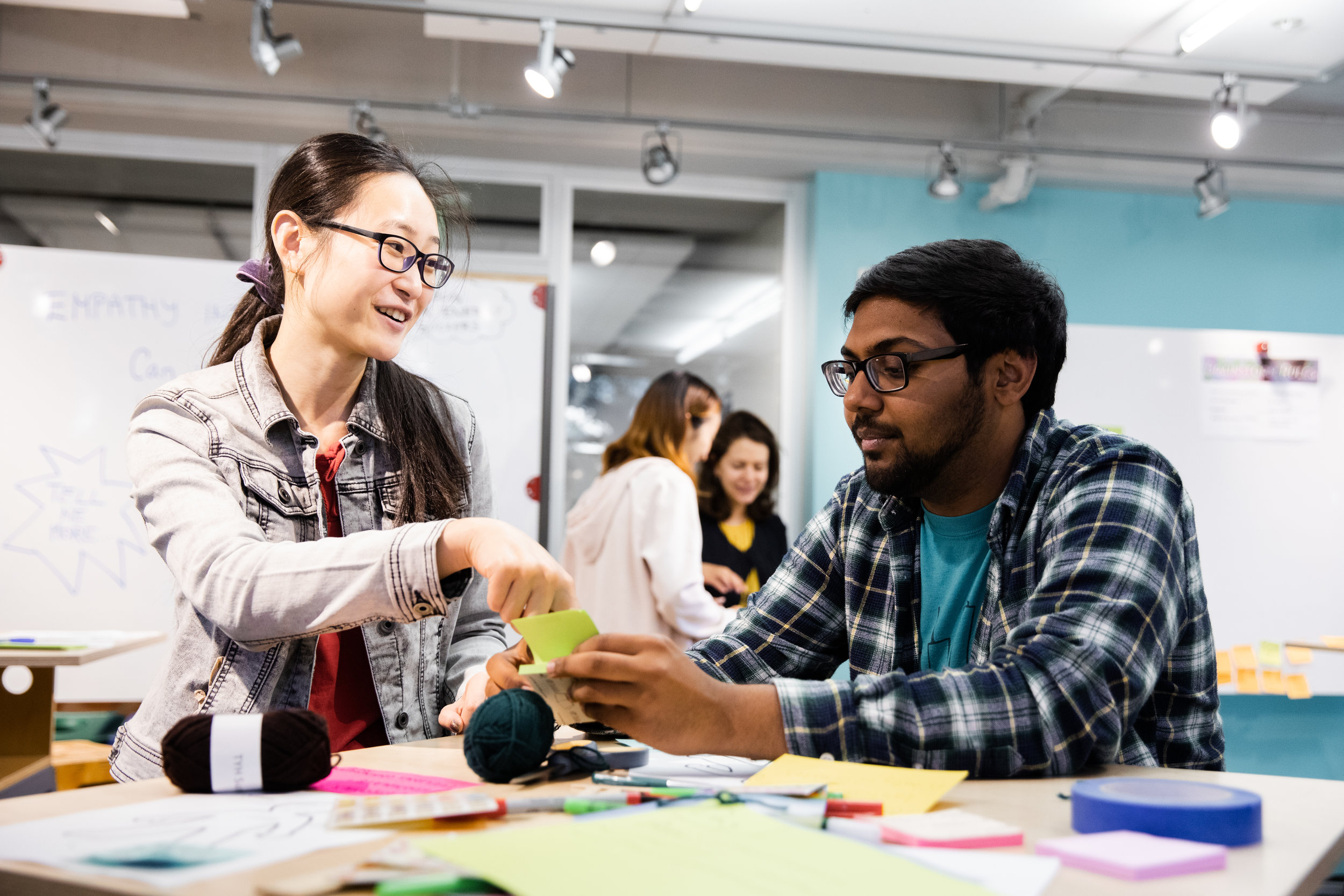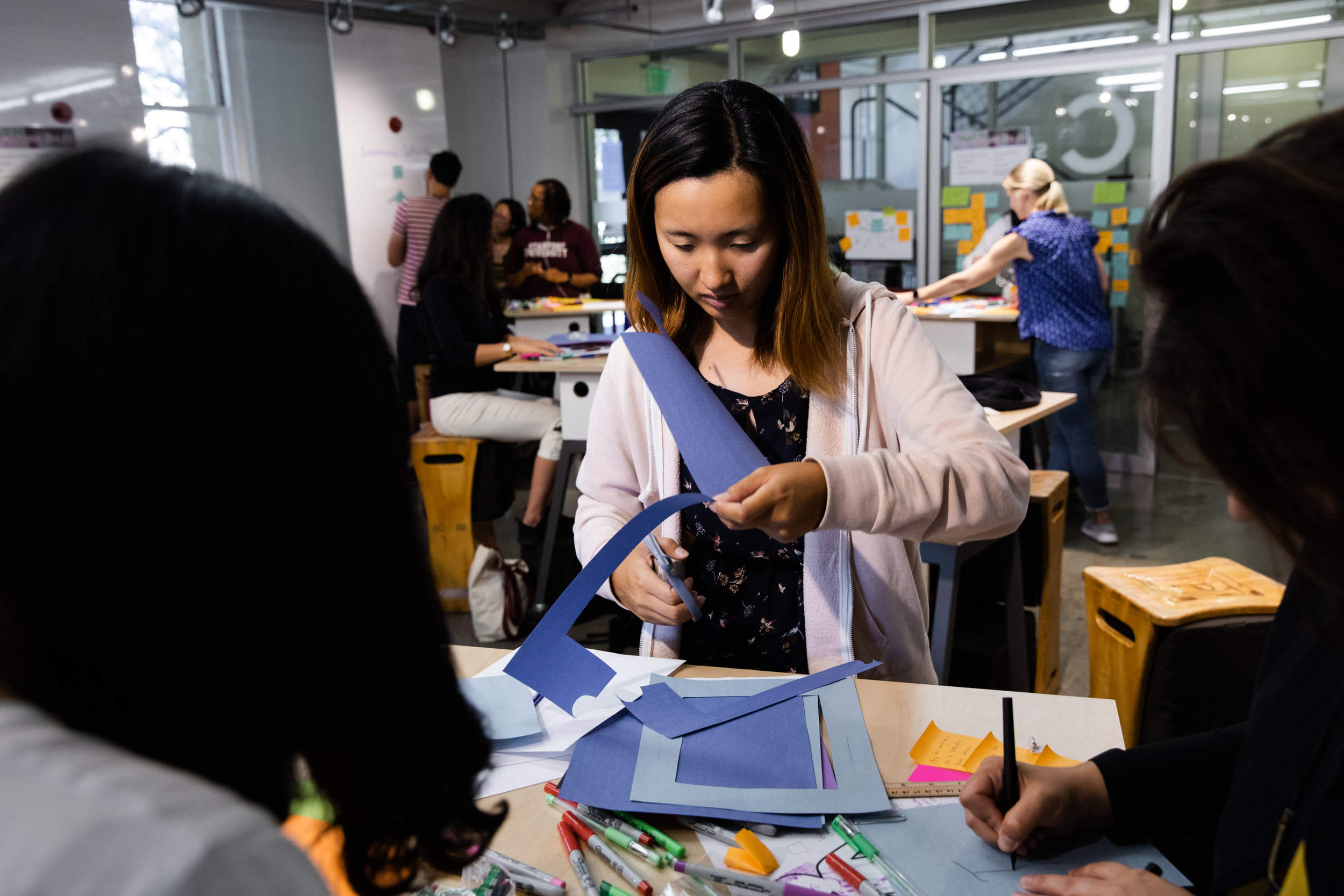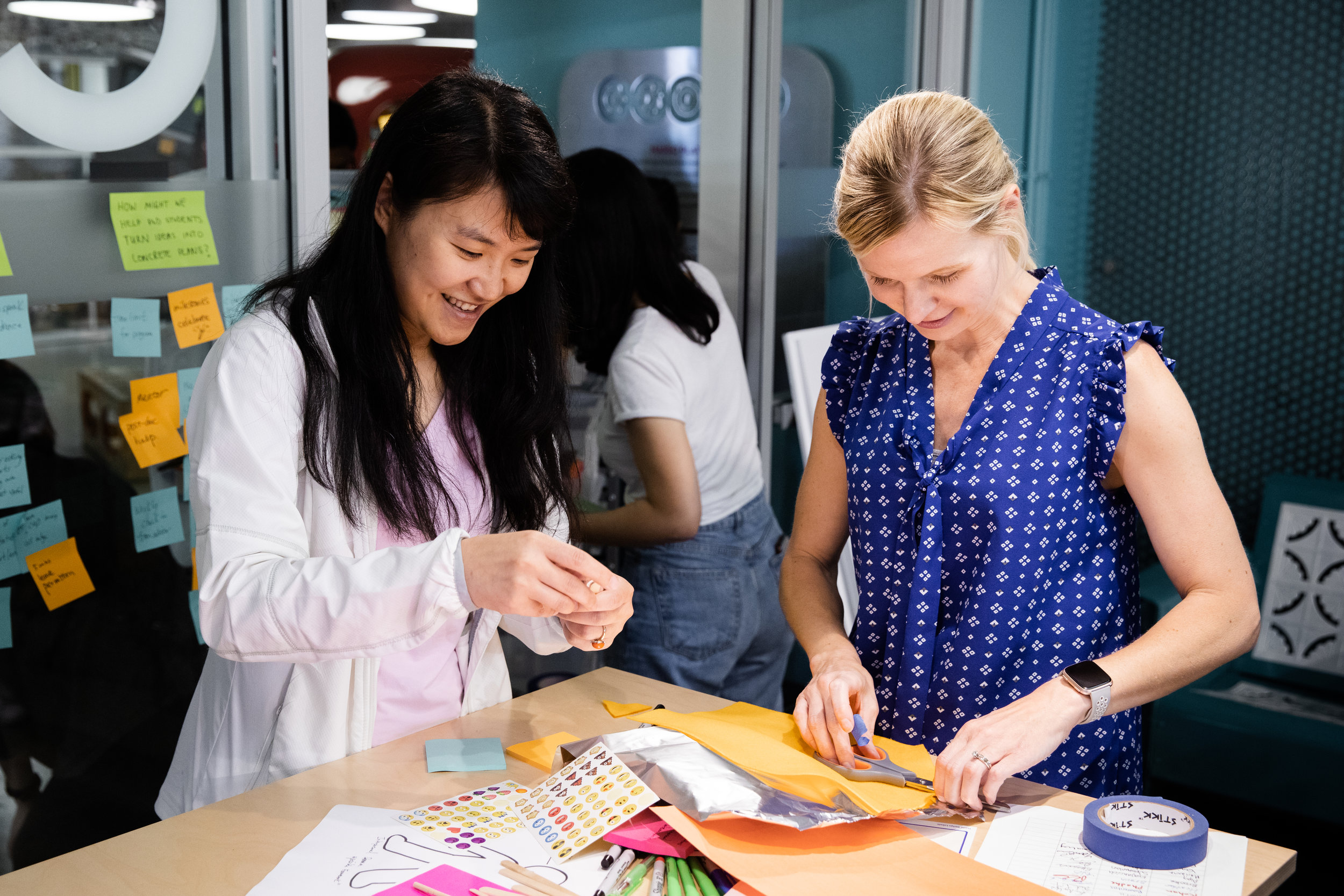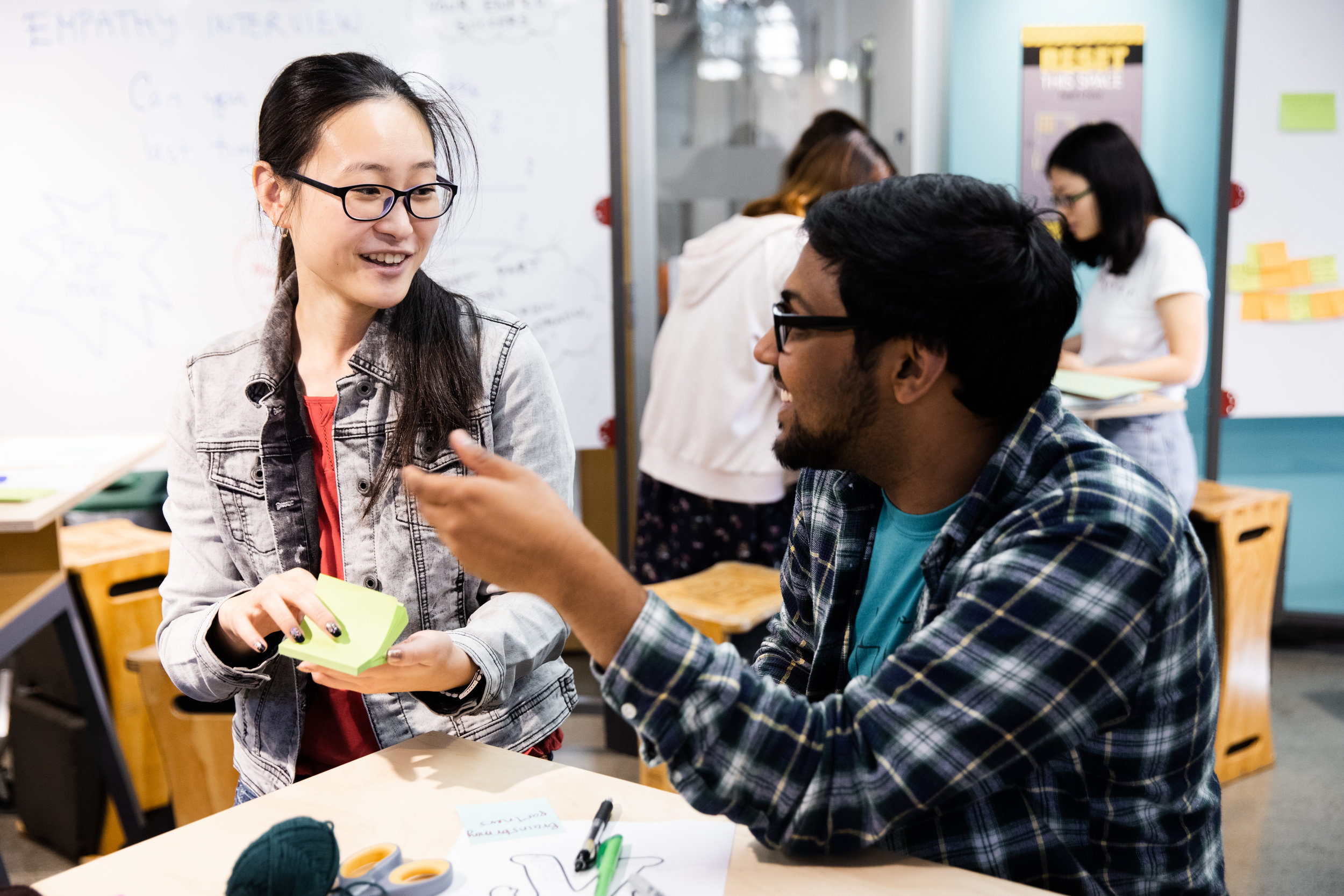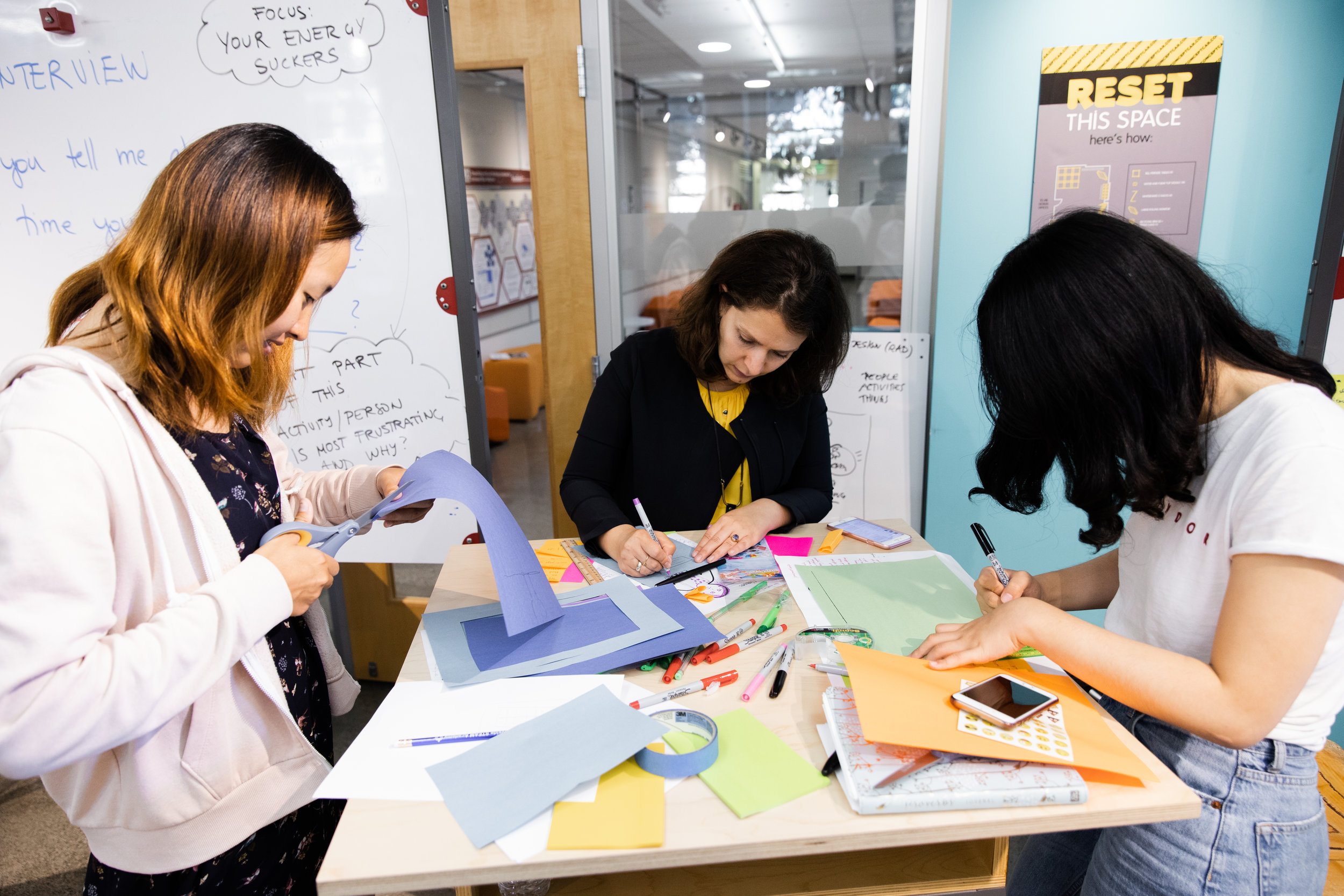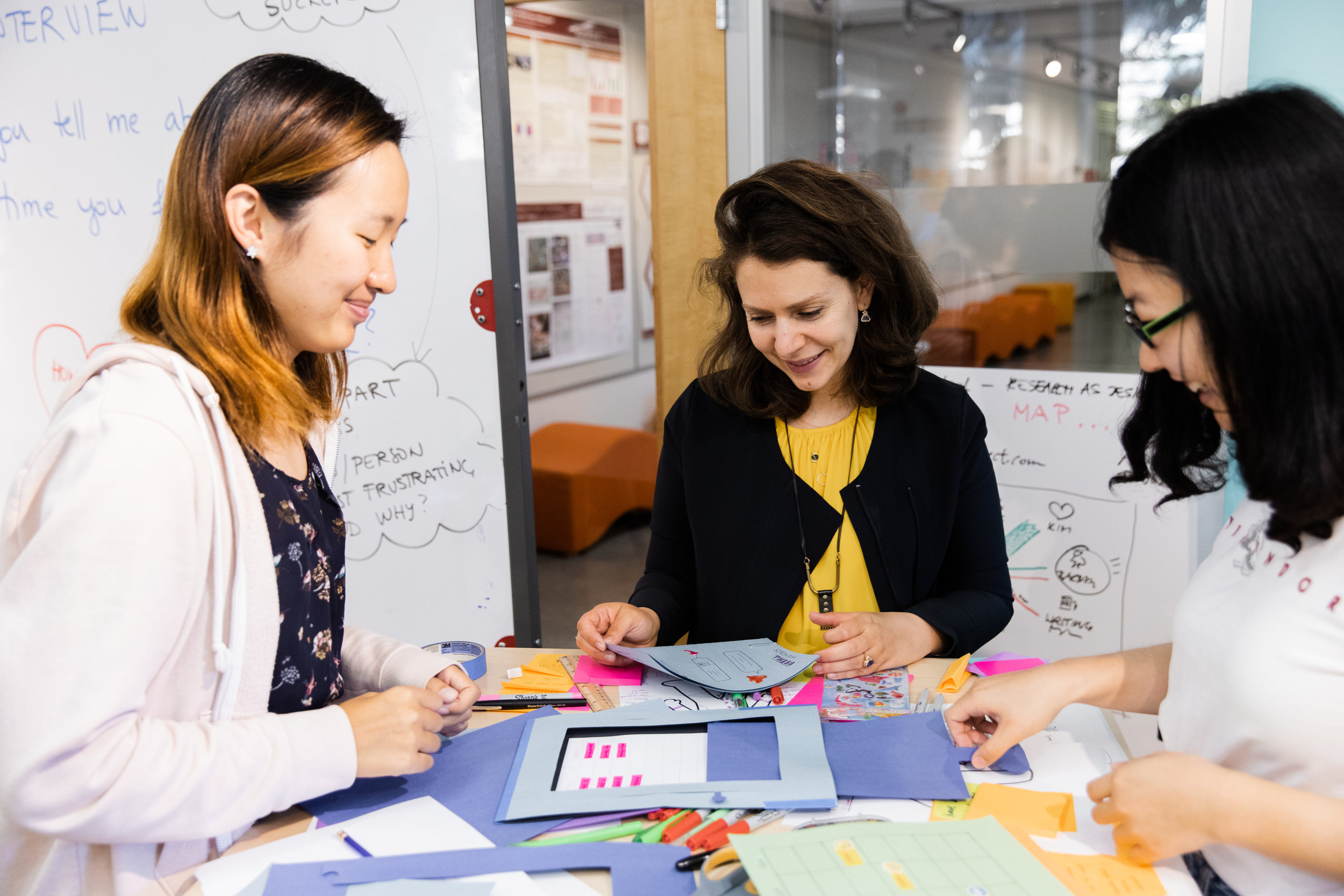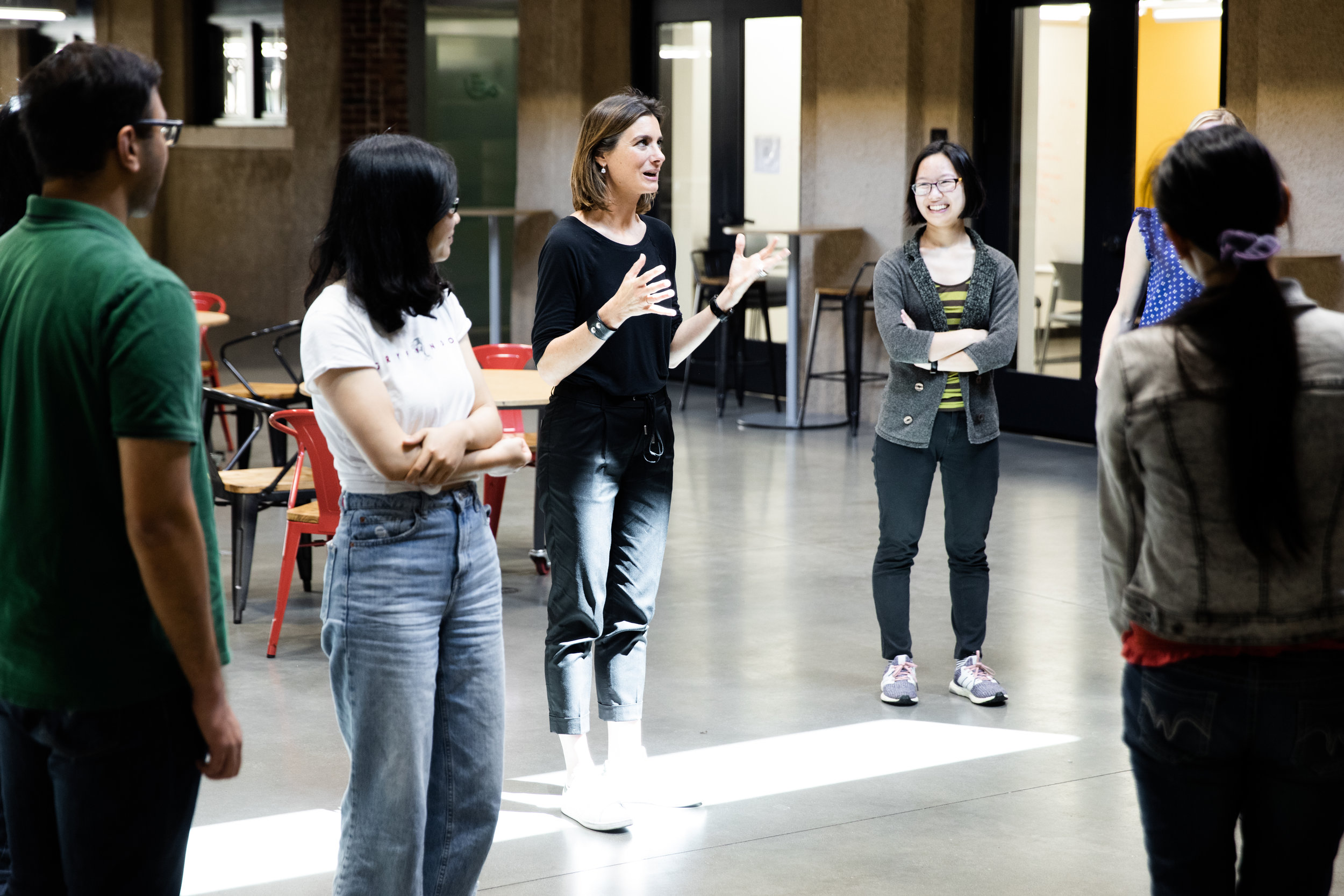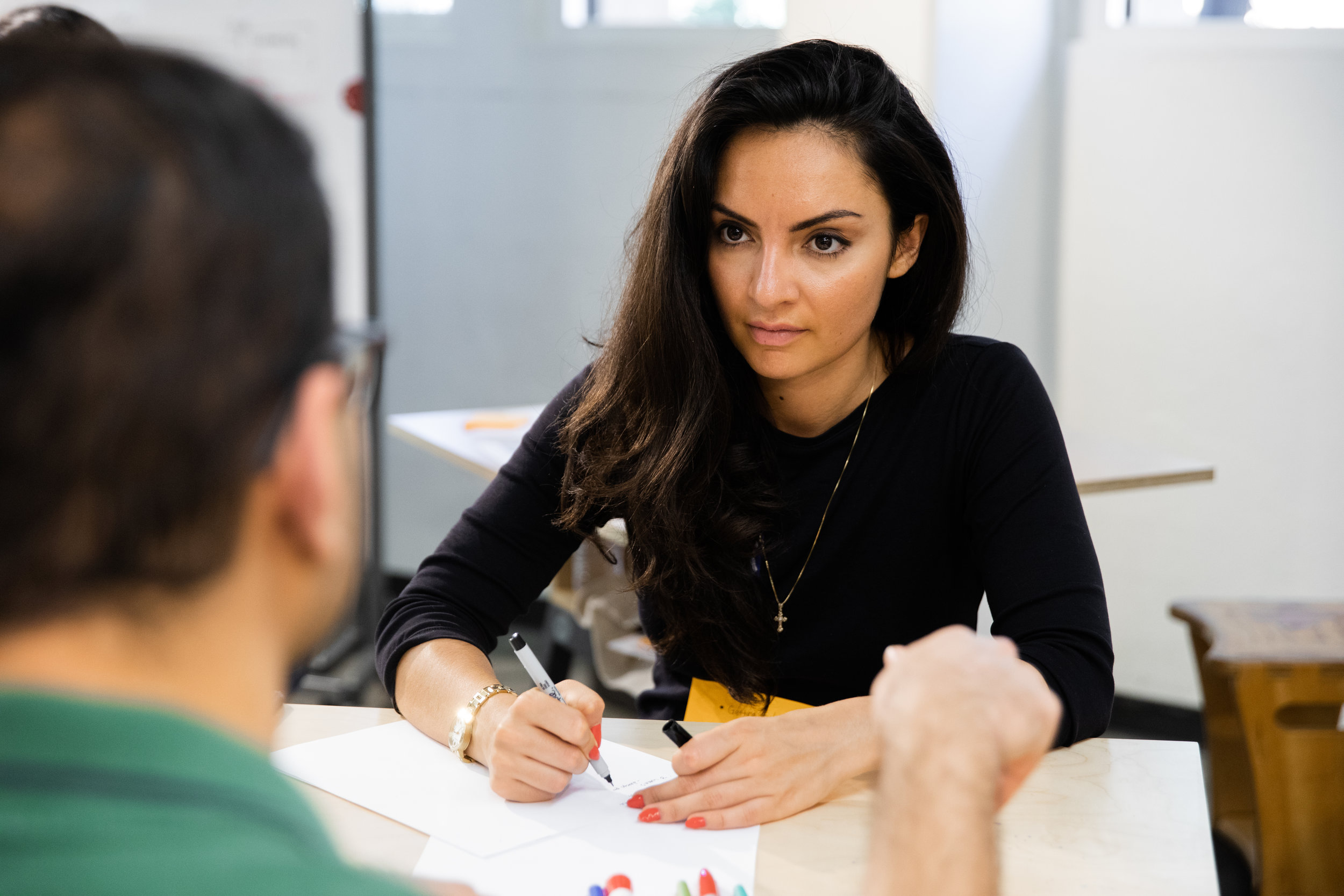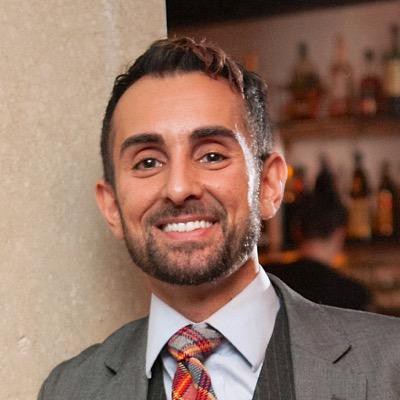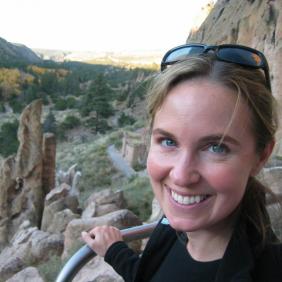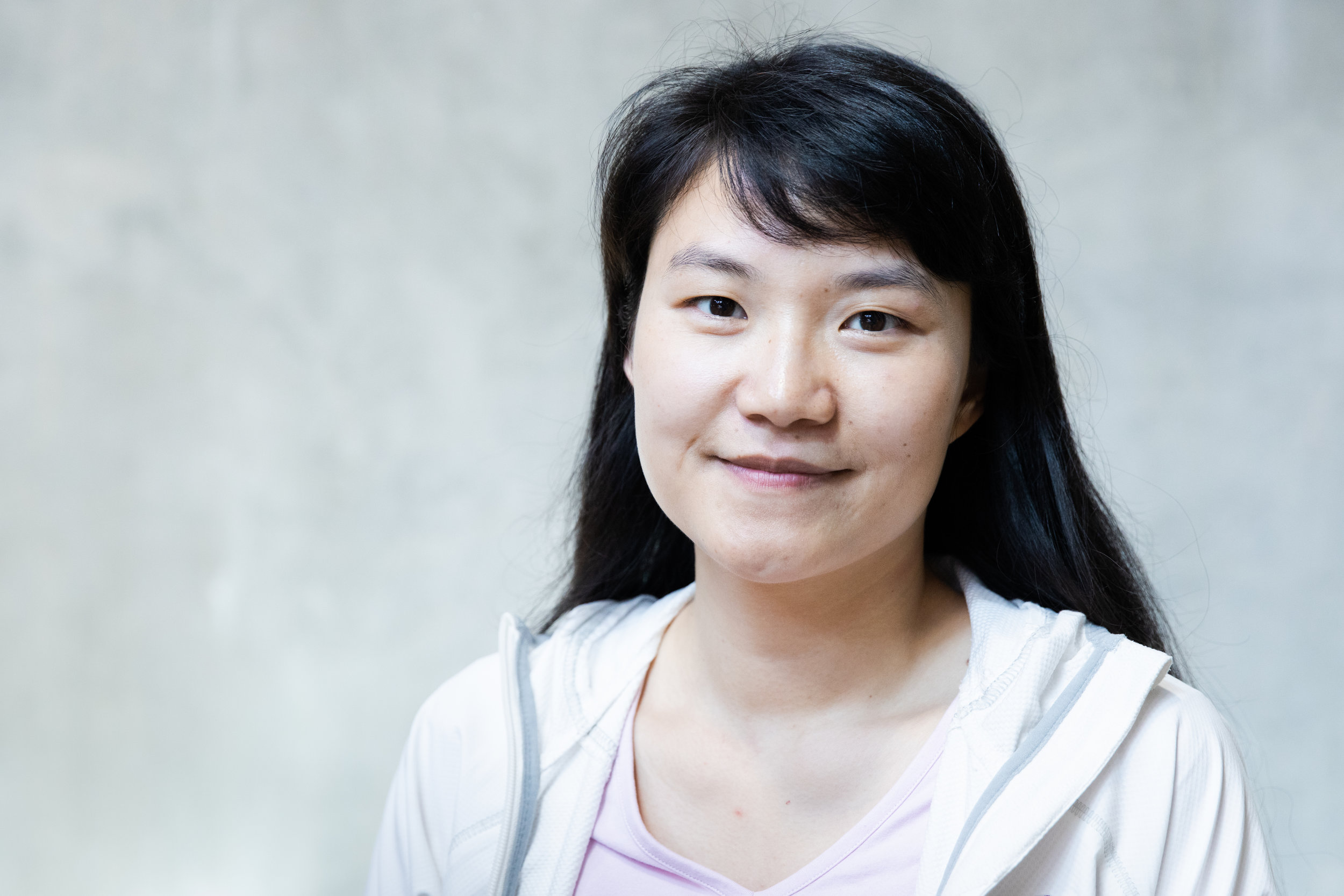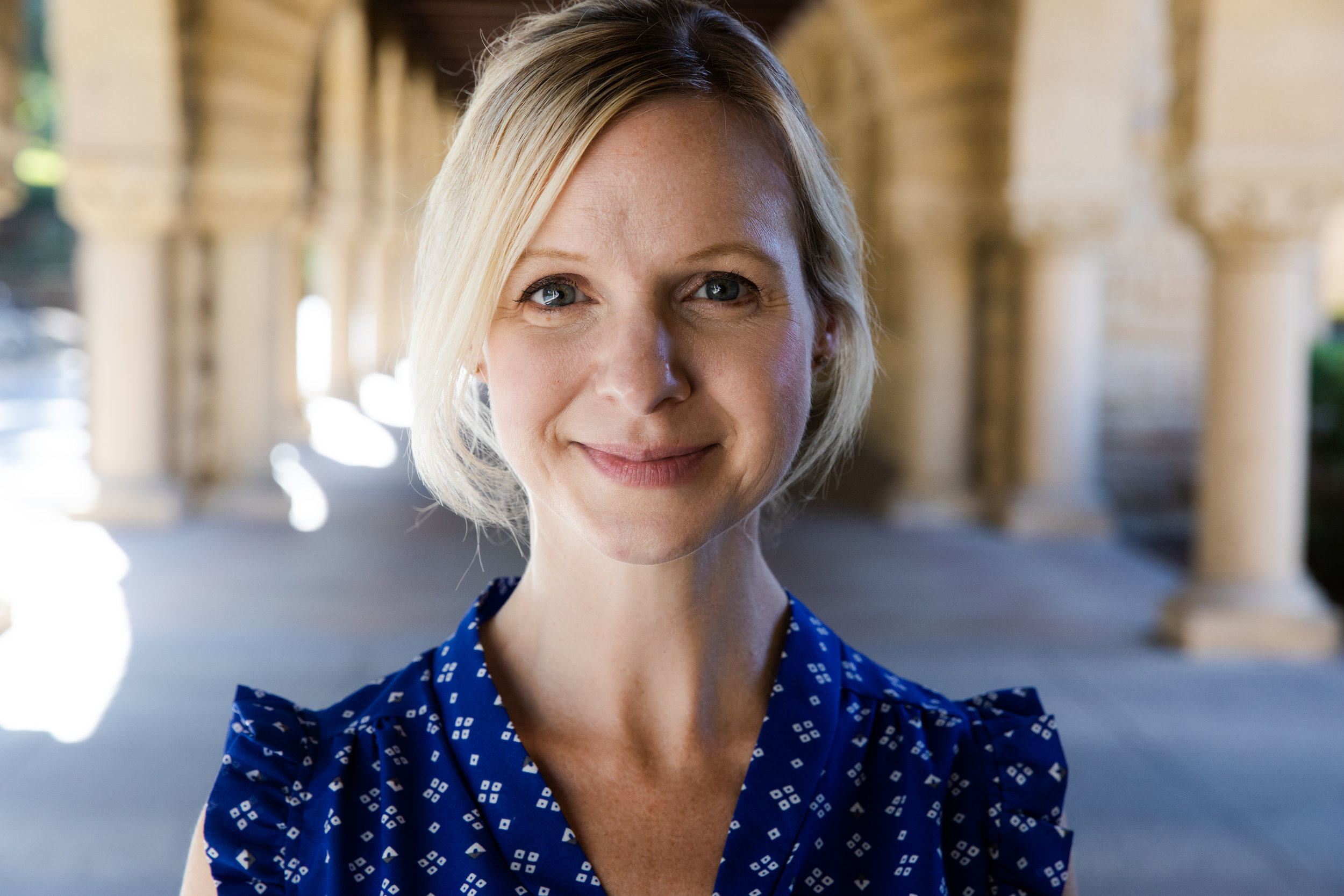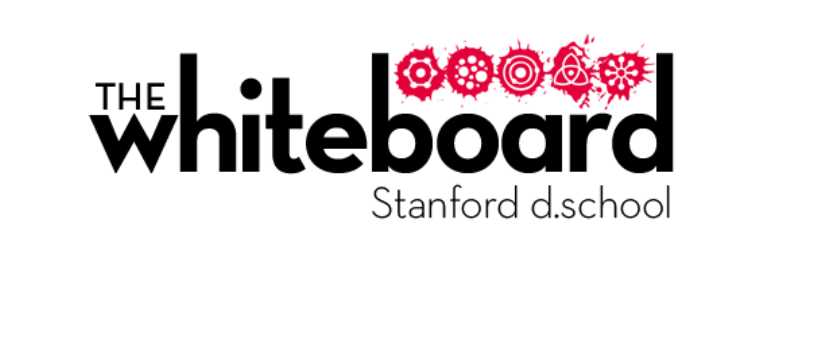Creativity in Research Workshops
Experiential creativity training for researchers across disciplines and career stages
Creativity is the heart of research. No matter your field, scholarly work prizes novelty and innovation: identifying new problems worth solving, explaining unexplained phenomena and solving problems that haven’t been solved before. But developing creative confidence can be a challenging process. Our team has a decade of experience creating vibrant educational experiences that equip emerging scientists, scholars, and interdisciplinary researchers with tools, techniques, support, and inspiration to approach their research in an innovative and playful way.
We taught our first Creativity in Research workshop in 2011. Since then, we have taught classes and workshops in a range of formats for a range of audiences across the globe. We have also been evaluating and improving our curriculum using a technique called design-based research; this means we are actively observing how our techniques shape outcomes for our students and continually thinking about how they could be tweaked to work better.
See our workhops in action
Our understanding of the role of creativity in research has evolved along the way, too. Over the years that we have been teaching and investigating the creative practices of researchers, our approach has evolved in response to student feedback and our learning from our design-based research observations. Initially, we were focused almost exclusively on creative confidence as a means to greater productivity and innovative outputs. We still see this as a key benefit of creativity training for scholars. But we also found that focusing on the process of research and one’s own creativity had an emotional impact on how our students approached research. We observed the same shift in ourselves as our team practiced these techniques over the years since we began working on this project. Greater facility with designing one’s research process seemed to translate into less stress, greater self efficacy, a greater sense of control, and ultimately being a happier as well as more creatively productive researcher. This link between attention to one’s creative process and emotional empowerment was the most surprising outcome for us. Perhaps research doesn’t have to be as painful or stressful as many scholars seem to consider the norm.
Our workshop curriculum consists of multiple thematic modules that can be combined in an almost infinite variety of ways in formats from one day (or shorter) to five days or more. While we have some favorite variations, we are always excited to work with faculty members or administrators to tailor a course to the needs of a particular audience.
The Power of Mindfulness
Specific topics that we might cover in a workshop include:
Mindfulness for researchers
Using emotions to diagnose problems and move forward
Finding problems worth solving
Framing (and then re-framing) research questions
Tolerating ambiguity
Prototyping and iterating in scientific research
Storytelling in scientific research, especially focusing on stories you tell yourself
Energy competence for researchers
Visual thinking for researchers
Research as a team sport and cultivating a support network
Acting intentionally
Proactively (re)designing your research journey
Getting unstuck
Building resilience
“This workshop will help you take those feelings of dread or panic and channel them into productive efforts to get you moving again with your research.”
Reviews and Endorsement
Michael Moshe Ovadia
PhD, former instructor at Stanford d.school and former business designer at IDEO
"For a variety of reasons, writing my Stanford dissertation is the hardest thing I've ever done. However, taking a workshop and later receiving 1:1 coaching from Dr. Cravens was instrumental in getting me through the process. Seemingly paradoxically, I was able to both loosen up regarding my research process and approach things more creatively (which helped me manage my anxiety) while simultaneously building important habits and routines that created forward momentum. Though I had actually taught design thinking before myself, this approach was critical at connecting the innovation methodology to my doctoral work; up until then, the two were siloed into different parts of life. The academic and research world is ripe for transformation, and I see the work of the Creativity in Research team as a critical ingredient in that move."
Nicole Ardoin
Associate Professor, Emmett Family Faculty Scholar, Graduate School of Education, Stanford University
“Creativity in Research offers concrete, data-based strategies to spark creativity and encourage new perspectives as we think about research. When I need a boost of inspiration or curiosity for motivating my team, I’m excited to have this informative, easy-to-use resource at my fingertips. But what’s best is the reassurance that creativity is a process that can be nurtured at any time—through daily practice and engagement—no matter where you are on life’s journey.”
LinLin Shui
Head of the Design Thinking Innovation Center at the Communication University of China in Beijing (CUC)
“Creativity is the core ability of research. It has such a magical power that we should not only apply it to the research object/content itself, but also use it to design the whole research experience. The ‘Creativity in Research’ workshop enabled me to rethink the full process of doing research. It helps me to better manage the research process and gain confidence in the way of pursuing my goal.”
Heather Braun
Associate Professor, University of Akron, English Department
“As an English professor, I'm always searching for ways to help my students get excited about what they're writing and researching. I want the work they're doing in the classroom to matter long after the class has ended. "Creativity in Research" offered me new ways of thinking about what actually motivates us to stay engaged in our work. Mapping out a clear process of wayfinding, Anja and Sebastian helped me see the various challenges students face, often feeling isolated and disconnected from their larger purpose. This workshop demonstrated how communities of shared purpose can provide thoughtful feedback and perspective that moves us closer toward completing our goals. I'm excited to use these techniques to improve my own research and to help inspire students to produce their best work.”
Elena Itskovich
Postdoctoral Researcher, Department of Psychiatry and Behavioral Sciences, Stanford University School of Medicine
"Having the tools to mind map and quickly draft ideas on paper gives a unique perspective to understand complicated projects in one glance. Having the big picture allows to identify the important gaps and come up with projects that tackle more meaningful questions with potentially bigger impact”
A Place for Design Thinking in Academic Research
by Emi Kolawole
Past workshops
We have been teaching Creativity in Research workshops and classes since 2011.
March 2011 – pilot workshop at Stanford University, USA
April 2011 – public workshop at Stanford University
September 2011 – public workshop at Stanford University
October 2011 – Stanford Optical Society, custom designed workshop
October 2011 – public workshop at Stanford University
January 2012 – Center for Ocean Solutions, custom designed workshop
January 2012 – MARINE Consortium, custom designed workshop
March 2012 – public workshop at Stanford University
May 2012 – public workshop at Stanford University
June 2012 – conference workshop AESS (Association for Environmental Studies and Sciences (AESS) Annual Meeting (Santa Clara, California)
April 2013 – public workshop at Stanford University
September 2013 – public workshop at Stanford University
April 2016 – RAD session at Stanford Undergrad Research Conference (http://sura.stanford.edu/conference/)
Fall 2017 – Research as design workshop at d.confestival at HPI Potsdam, Germany
November 2017 – Creativity in Research talk at the University of Toronto during Design Thinking Exchange conference, Canada
Since 2015, we have taught Creativity in Research at the Central University of Finance and Economics (CUFE) in Beijing, China.
Since 2015, we have taught Creativity in Research quarterly as a POP UP class at the d.school, Stanford University.
Since 2015, we have taught Creativity in Research courses at the Doctoral Program, School of Economics and Business, University of Ljubljana in Slovenia.
Since 2017, we have taught Creativity in Research workshops at the Swiss Summer School for Social Sciences in Lugano and at the University of St.Gallen as part of the Young Investigator Program (YIP) (Switzerland)
Since 2017, we have taught Creativity in Research workshops at the African Doctoral Academy at the University of Stellenbosch and University of Cape Town, South Africa.
Series of workshops for Prof. Nicole Ardoin (Associate Professor, Emmett Family Faculty Scholar, Graduate School of Education, Stanford University) and her lab.
